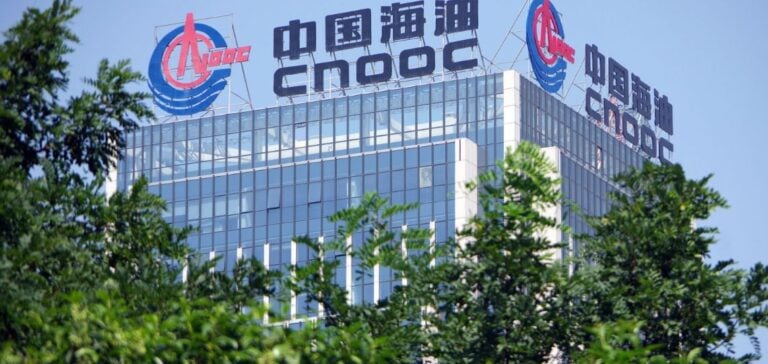CNOOC Limited, a leading player in the Asian energy sector, has started production at its Long Lake Northwest project located in Alberta, Canada. This initial phase marks a significant step for CNOOC Petroleum North America ULC, the North American subsidiary of CNOOC Limited, which holds and operates the entirety of this project.
The Long Lake NW site is an innovative project that relies on Steam-Assisted Gravity Drainage (SAGD) technology. This method allows for the efficient extraction of oil sands by injecting steam to reduce bitumen viscosity and facilitate extraction. At peak production, output is expected to reach approximately 8,200 barrels of crude oil per day, a significant increase projected for 2025.
Infrastructure and Site Developments
The project development includes several key infrastructure elements, including a new main well and four pipelines. Eight well pairs are scheduled to be commissioned as part of this project. These facilities allow CNOOC to optimize resource recovery while minimizing the environmental impact compared to traditional oil sands extraction methods.
The company is committed to sustainable operations, paying close attention to safety standards and environmental compliance. This approach aims not only to maximize production but also to meet strict regulatory expectations set by Canadian authorities for natural resource extraction.
Strategic Importance of the Project
The Long Lake Northwest project strengthens CNOOC’s position in the Canadian energy market, marking a significant expansion of its assets in North America. By leveraging advanced technologies such as SAGD, CNOOC aims to increase its production capacities sustainably while aligning with the group’s growth objectives. Canada represents a strategic market for CNOOC, where oil sands reserves offer long-term production prospects.
For CNOOC, this project is also a way to enhance its energy portfolio and diversify its revenue sources. The group remains focused on global growth objectives, with ongoing investments in high-tech projects like Long Lake NW.
Challenges and Prospects
Oil sands exploitation, while advantageous for Canada’s energy reserves, presents environmental and logistical challenges. Although effective, the SAGD technology requires a large amount of steam, and therefore energy. CNOOC, aware of these challenges, is working on methods to reduce its carbon footprint and optimize energy resource consumption.
In a context where energy transition is a global challenge, the Long Lake NW project demonstrates how major oil companies are adapting to new expectations while exploiting conventional resources. The development prospects in Canada’s fossil fuel sector thus remain a point of debate within the energy sector, as companies are increasingly pushed to adopt sustainable energy models.






















